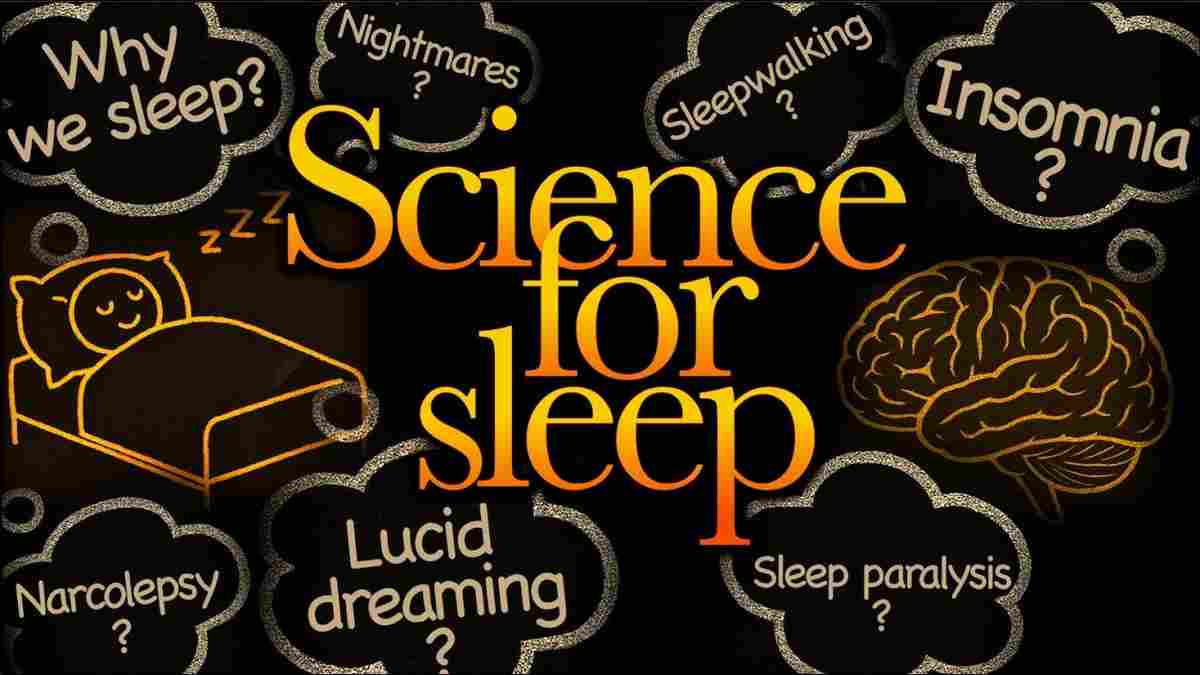Sleep is essential for physical health, mental clarity, and overall well-being. Yet, in today’s fast-paced, technology-driven world, many people struggle to get enough high-quality rest. Understanding how modern lifestyles affect sleep can help you make small changes that lead to better nights—and better days.
Why Sleep Matters
Sleep is not just downtime; it’s when your body:
- Repairs tissues and muscles
- Strengthens the immune system
- Consolidates memory and learning
- Regulates hormones and metabolism
Chronic sleep deprivation can lead to fatigue, poor focus, weight gain, and even increased risk of chronic illnesses.
How Modern Lifestyles Disrupt Sleep
- Screens and Blue Light
Smartphones, tablets, and laptops emit blue light, which can suppress melatonin—the hormone that signals your body it’s time to sleep. Late-night scrolling can delay sleep onset and reduce deep sleep. - Stress and Anxiety
Fast-paced work schedules, financial pressures, and constant notifications can increase cortisol levels, making it harder to relax and fall asleep. - Irregular Sleep Schedules
Late nights and early mornings, especially when inconsistent, can disrupt your circadian rhythm, confusing your internal body clock. - Caffeine and Diet
Excessive caffeine or heavy meals late in the day can interfere with your natural sleep cycle, making it harder to fall or stay asleep.
Science-Backed Tips for Better Sleep
- Maintain a Consistent Schedule
Go to bed and wake up at the same time every day, even on weekends, to support your circadian rhythm. - Limit Screen Time Before Bed
Try avoiding screens for at least 1 hour before bedtime, or use blue light filters to reduce disruption. - Create a Relaxing Routine
Reading, light stretching, or meditation before bed can signal your brain that it’s time to wind down. - Optimize Your Sleep Environment
Keep your bedroom dark, quiet, and cool. Comfortable bedding and minimal distractions enhance sleep quality. - Monitor Diet and Exercise
Avoid caffeine or heavy meals close to bedtime. Regular exercise, ideally earlier in the day, promotes deeper sleep. - Consider Sleep Tracking
Modern wearable devices can monitor sleep patterns and provide actionable insights to improve your rest.
Conclusion
Modern lifestyles present many challenges to healthy sleep, but understanding the science behind rest can help you take control. By managing stress, limiting screen time, and supporting your body’s natural rhythms, you can restore your sleep quality and wake up refreshed, energized, and ready for the day.



